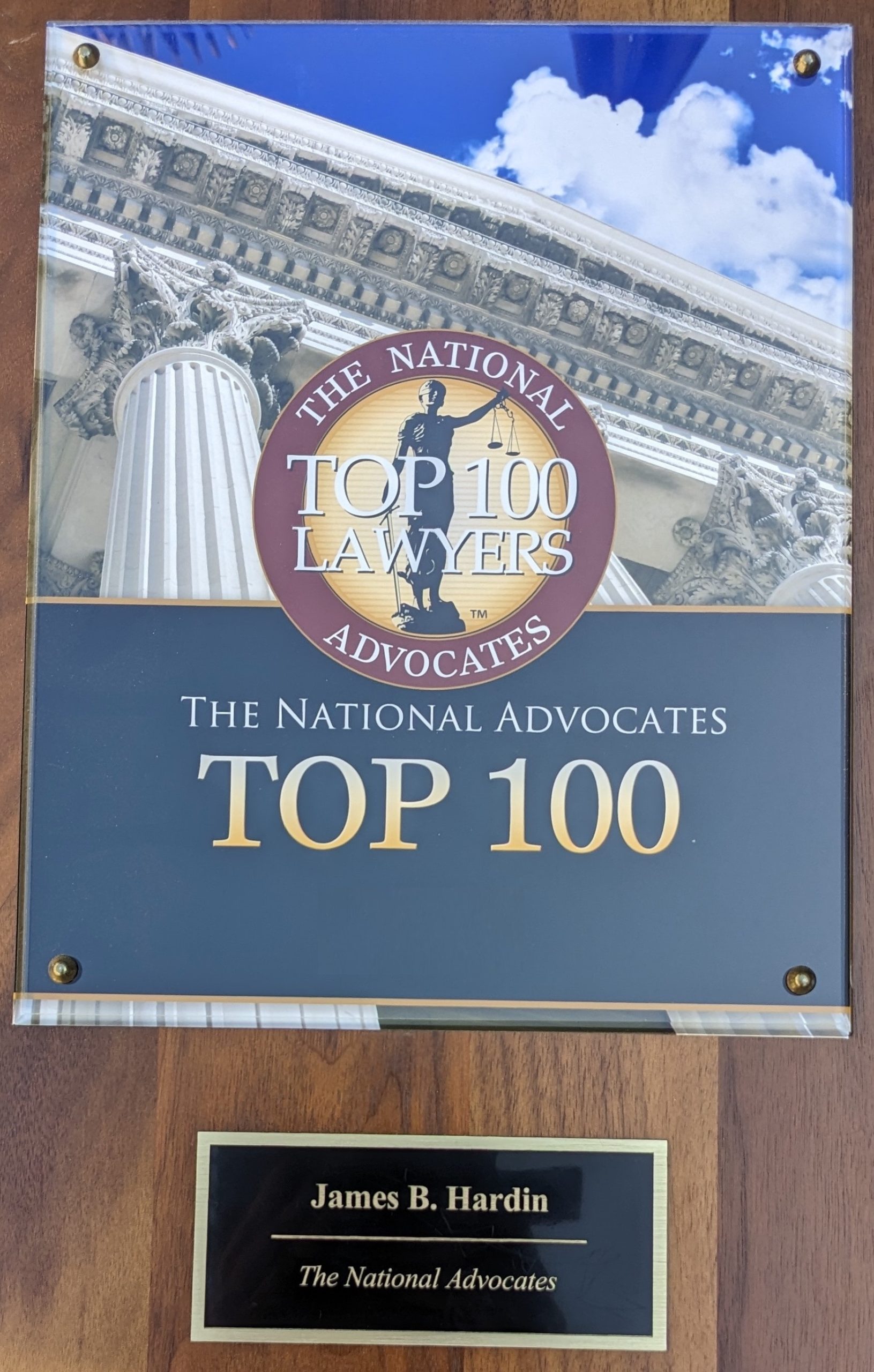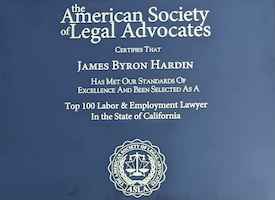We'll Fight for Your Job.
Failure to Provide Breaks
Dedicated Los Angeles and Orange County Employment Law Firm Committed to Upholding Employees’ Rights Under the California Labor Code
Employers in Los Angeles and throughout Orange County are required under state law to provide most employees with a 30-minute meal break any time they work more than five hours in a day and a second 30-minute meal break if they work more than 10 hours in a day. California employers must also provide most employees a 10-minute rest break for every four hours they work.
If your employer fails to provide you with timely or uninterrupted meal breaks and rest periods or fails to pay you for any breaks that were not provided, you may be able to sue for unpaid premium pay and other damages. At the Hardin Law Group, our Los Angeles employment lawyer works exclusively with workers to ensure that they are afforded their rights under state and federal law. We’ve handled countless cases involving wage and hour violations, including those stemming from employers’ failure to provide breaks.
California Law Requires Employers to Provide Uninterrupted Meal and Rest Breaks
Federal law does not impose a requirement on employers to provide meal and rest breaks. However, California law does and an employer’s failure to provide meal and rest breaks is considered a violation of the state’s employment laws.
How Often Are Employees Entitled to a Meal Break?
Employers must provide meal breaks that are timely and uninterrupted. If an employer requires employees to miss meal breaks, work or remain on call during a meal break, the employer must pay each affected employee one additional hour of pay (i.e. premium pay) for each time a proper meal break is not provided. (California Labor Code section 226.7(c)).
How Often Are Employees Entitled to a Rest Break?
Rest breaks are required to be during paid time, and they cannot be interrupted by the employer. If an employer requires employees to miss rest breaks, work or remain on call during rest breaks, or take late rest breaks, the employer must pay each affected employee one additional hour of pay (i.e. premium pay) for each time a proper rest break is not provided. (California Labor Code section 226.7(c))
Examples of an Employer’s Failure to Provide Breaks
In California, employees are entitled to meal and rest breaks, but there are common ways employers might deprive them of these rights:
Skipping Breaks: Employers might implicitly or explicitly encourage employees to skip breaks, especially during busy periods. This can be done by creating a work culture where taking breaks is frowned upon or by setting unrealistic workload expectations.
Delayed Breaks: Employers may delay meal or rest breaks beyond the legally prescribed times. California law mandates that a meal break should be provided after no more than five hours of work, and rest breaks should occur in the middle of the work period, to the extent possible.
Interruptions During Breaks: Employees might be asked to handle work-related tasks during their breaks. This includes answering calls, responding to emails, or being on-call, which effectively makes it a working break.
Shortening Breaks: Some employers might unlawfully shorten the duration of breaks. A meal break should be at least 30 minutes uninterrupted, and rest breaks should be 10 minutes for every four hours worked.
Lack of Information: Employers may fail to inform employees of their break rights, intentionally or inadvertently, causing employees not to take breaks they are entitled to.
Mandatory On-site Breaks: Requiring employees to remain on-site during meal breaks without compensating them can also be a violation, especially if the employee is not free to spend their break time as they choose.
These practices can lead to labor law violations, and employees may be entitled to compensation for missed breaks. It’s crucial for employees be aware of their rights by speaking with an experienced Orange County employment lawyer.
Has Your Employer Denied You Meal or Rest Breaks You Were Legally Entitled To?
If your employer refuses to give you meal or rest breaks, demands you work or remain at the job site during your breaks, or requires you to take your break at the end of your shift, they may have violated your rights as a California worker. At the Hardin Law Group, our knowledgeable Los Angeles employment lawyer has 25+ years of experience representing employees in all types of employment violation cases, including those involving an employer’s failure to provide meal and rest breaks. To learn more, and to schedule a free consultation today, call our Los Angeles employment lawyer at 310-606-2122. You can also connect with our Orange County employment attorney by calling 949-337-4810. Calling is free, and we will not accept payment for our services unless we can recover compensation on your behalf.





















